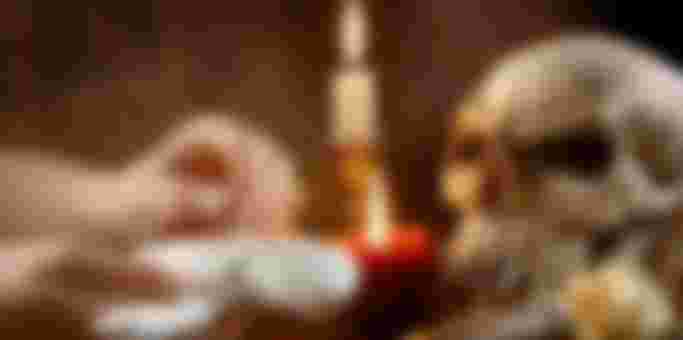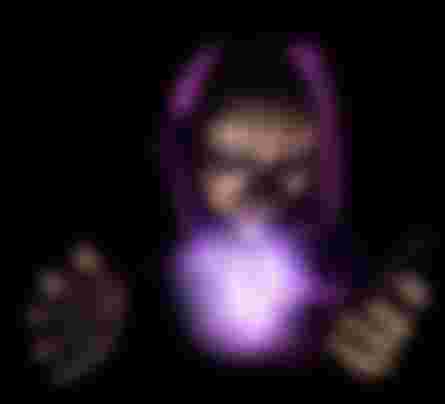
When someone prone to magical thinking believes that someone has cursed him, cast spells on him or cursed him, things can become more serious and even lead to paranoia and psychosis.
Are you prone to magical thinking? For example, when you say something nice about yourself or a person you love, do you knock on a tree? Do you spit or move when you utter a negative health prognosis for the person you love? Although you may not be aware of it in all these cases, you are performing magical acts. In the first case, you "prevent" some higher power from spoiling your happiness, and in the second case, you "cancel" the realization of something negative that you said.

An explanation for the failure
These magical actions are based on magical thinking. It is a way of thinking according to which what people think, feel, say or do in some inexplicable way causes an event in the real world. In that sense, magical thinking is the opposite of rational thinking based on facts and logic.
The vast majority of adults are prone, to a greater or lesser extent, to magical thinking. There are several reasons for this. One is that adults have their "inner child" who retains the ways of thinking that a person had in childhood. And it is young children around the age of four who think in a magical way. It is basically a child's compulsive actions - children's compulsions - when a child has to do something, for example, to symmetrically align his slippers before going to bed, because in that way he removes the fear that something negative will happen to him or a member of his family during the night or the next day. families.
When a child is afraid that something negative might happen, he reduces his fear in this way, because he believes that his actions "control" the future. It’s magic by principle: if the slippers are okay, it will be okay the next day.
The second reason is that magical thinking and actions are woven into the folk tradition. Many have inherited these patterns of behavior from their parents or grandparents. Every culture has numerous recipes for what must be done and what must not be done at all, in order to preserve prosperity. All this is one of the little superstitions of everyday life.
However, things become much more serious when someone who is prone to magical thinking begins to think that he is the object of someone's magic: that someone has cursed him, cast spells on him or cursed him. It is something that people who are successful and satisfied do not think about. But the person who had a series of failures, unfortunate events, is trying to find out the reason for that.
One way of thinking would be to accept responsibility for her failures, to consider whether and how she herself contributed to each individual failure. In that case, if there is responsibility, she must accept that she did something wrong that she must correct in future similar situations. Another way is to think that she did everything well, but that someone, most often someone unknown, causes her troubles with her actions. In other words, by projecting one's responsibility onto someone else, by looking for the culprit in someone else, one frees oneself from responsibility and guilt.
The person who started to feel bad, to feel pain in different parts of the body, and after several doctors confirmed that she was completely healthy, concluded that she was actually a victim of someone's black magic and that only explained her poor health. It is typical for these people not to know that certain emotions can cause painful experiences in the body, so they are closer to the idea that someone else is trying to "make them sick".
Most people do not want to provoke someone else's hatred. And when someone believes that he is a victim of black magic, he believes that a person, an enemy, wants to destroy him in a magical way and spoil his happiness. A special source of fear is that a given person does not know exactly who that insidious enemy could be, so he begins to suspect various people around him.

Fear and obsession
People who suspect that they are under a "black magic attack" seek help from various sorcerers, fortune tellers and other people who know magic skills. The nouns witch and witch came from the word skill. What happens in these encounters is that the person gets a "confirmation" that he is really under a magical attack, but he also gets a way to defend himself from it. He often "discovers" who is behind that attack, because the magic helper "sees" or "feels" the energy of the "tall black woman".
All this can lead to a chain of events in which the "attacked" person becomes increasingly obsessed with magical attacks and defenses, all the way to the degree of paranoia and the development of clinical psychosis.
It has been confirmed that the best defense against someone else's magic is to simply not believe in it.



Zatvor je majka mara za ovakve slučajeve, ali ja bih u zatvor i onog ko ispira mozak i one koji idu da im se ono malo ganglija sprži kod tih belih, crnih magova i raznoraznih baba magija...